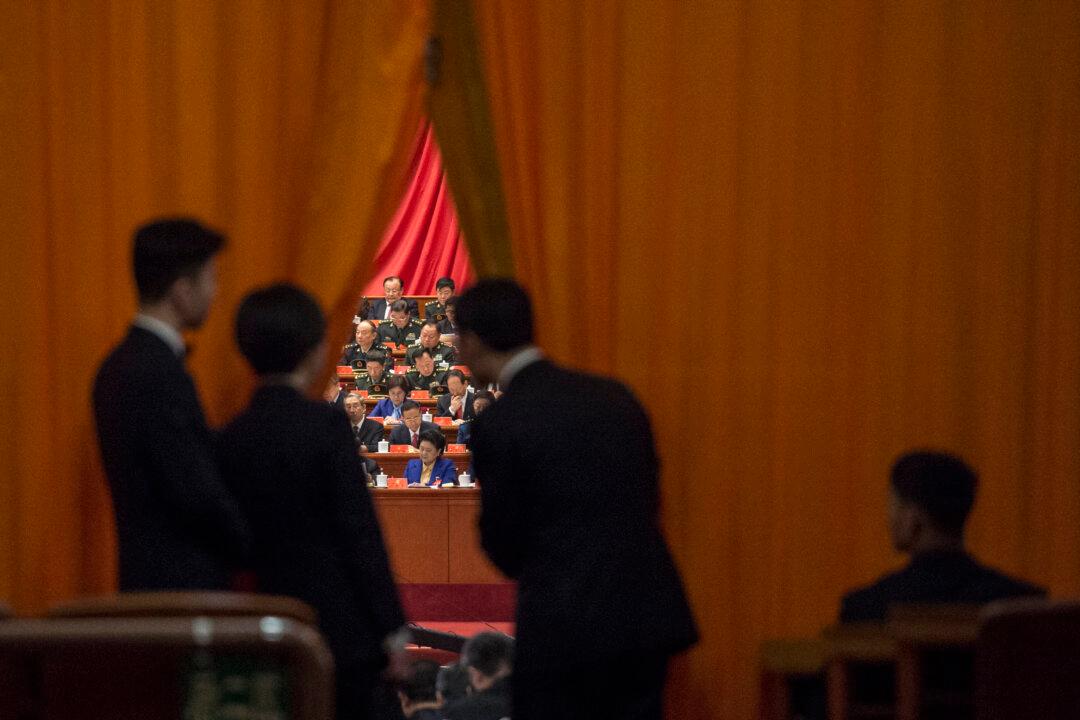Since the outbreak of the CCP virus (COVID-19), the Chinese communist regime has implemented a so-called health code system that assigns to everyone’s smartphone, via mobile app, a colored QR code. Green means you can pass checkpoints, but yellow or red requires you to quarantine for a set number of days, as determined by authorities.
The stated purpose of the health codes is to monitor and prevent the spread of the virus. However The Epoch Times has obtained internal documents that suggest the real purposes go beyond monitoring the virus toward monitoring individuals and maintaining “social stability.”





